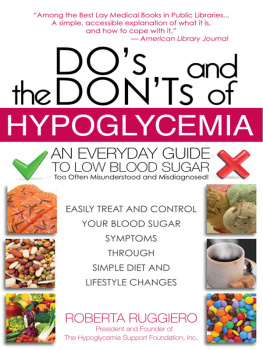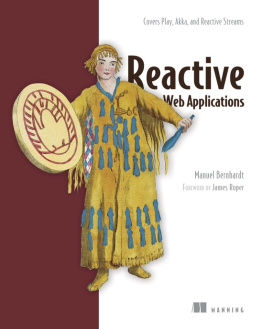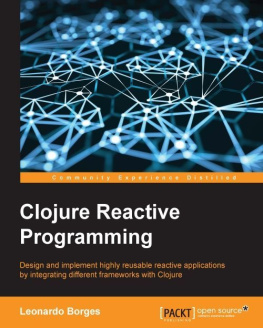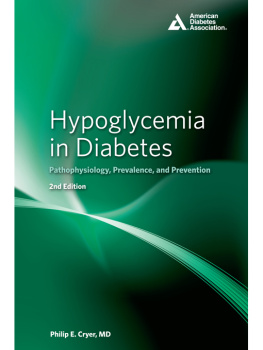Reactive Hypoglycemia: Your5-Step Recovery Plan Allison Francis, MAT Betty Johnson MD (Ed.) Smashwords Edition **** Copyright 2014 Allison Francis &Betty Johnson Smashwords Edition, LicenseNotes This ebook is licensed for yourpersonal enjoyment only. This ebook may not be re-sold or givenaway to other people. If you would like to share this book withanother person, please purchase an additional copy for eachrecipient. If youre reading this book and did not purchase it, orit was not purchased for your use only, then please purchase yourown copy. Thank you for respecting the hard work of thisauthor. Contents I cant pinpoint exactly when I first hadsymptoms of reactive hypoglycemia, but I suspect it was when I wasa child forty years before my eventual diagnosis.
I was adifficult child, to say the least. The trick I used to do thatdrove my mother crazy was to faint when I became too angry orupset; the attention getter as my mother used to call it. As ateenager, the world would swim around me and I would pass outfrequently. Doctors could find nothing wrong and told meit was likely because of a temporary drop in blood pressure. Ifainted after blood tests, passed out in clubs (and not because ofdrugs or alcohol), collapsed in grocery stores. I resigned myselfthat passing out was just part of who I was and there was nothing Icould do about it.
Of course, looking back, I can see theless-obvious symptoms and signs of reactive hypoglycemia. Before Ipassed out, my brain would fog. My palms would get cold, clammy andsweaty. I would feel sick to my stomach and once I recovered fromfainting (which actually turned out to be petit mal seizures), Iwould often throw up or have severe stomach problems. The reason that I went undiagnosed for overforty years was likely because reactive hypoglycemia isntsomething that conveniently shows up in a doctors office. By thetime I actually got to see a doctor, I felt perfectly fine.
Myfainting spells tended to happen late afternoon or late evening; aglass of orange juice always made me feel better, I never made thelink between how ill I felt and low blood sugar. In fact, I wasnteven aware that blood sugar could cause so many problems. Diabetesdoes not run in my family, I have no risk factors for the diseaseand so the conversation never came up at doctors appointments. Whywould it? A thin, active, healthy woman with excellent blood workcomplaining about feeling faint sometimes. Im sure if I had saidthe key phrases to my doctor sweating hands and shaking twohours after eating he might have ordered me a test for reactivehypoglycemia. But back then, I just didnt know what was going on.I just knew I felt ill, a lot.
I was constantly hungry or sometimessick to my stomach and I didnt want to eat at all. I had severemood swings which I put down to the stress of work, bills,relationships or whatever was ailing me at the time. My turning point was when I posted on ahealth discussion board about stress and depression. By chance, afellow poster had diabetes and said she felt that her blood sugarswings were causing most of her stress and depression. I found afree blood sugar monitor deal online (I just Googled free bloodsugar monitor) and a few days later my monitor arrived in themail. on a Tuesday afternoon) andtested my blood sugar. on a Tuesday afternoon) andtested my blood sugar.
It was 49 mg/dL. To put that in context, thenormal range for fasting blood sugar is about 70mg/dL to 120mg/dl. At 49 mg/dL, thats when the brain starts to malfunction,causing a host of neurological symptoms from brain fog to moodswings. Follow up testing with an endocrinologistconfirmed the diagnosis, but it wasnt all good news. I hategiving this diagnosis, he said, because theres nothing I can dofor you. Of course, he did offer some suggestions small,frequent meals, avoid soda, eat healthful meals.
But instead ofgetting better, I actually got worse! In 2010, my blood sugardipped to 25mg/dL and I had my first grand mal seizure. A grand malseizure is basically where you pass out and have violent musclecontractions. I wasnt aware of the seizure, but it scared the heckout of my boyfriend, who called 911. I woke up in a daze in theambulance. The seizure was the final straw. I knew I hadto do something.
I scoured discussion boards and reactivehypoglycemia sites and found little help. Luckily, my job at a local university gave meaccess to online medical journals, which was at least a goodstarting point. I went to see six different endocrinologists untilI found one who was familiar enough with reactive hypoglycemia thatI felt he knew what he was talking about. He was an MD/PhD at alocal teaching hospital. He told me that theres a fair amount ofrecent (in the last 10 years or so) research that has recognizedreactive hypoglycemia as an actual disorder with actual causes.Anyone who went to medical school before 2000 probably isnt awareof the research, he said. As a specialist in endocrinology and aprofessor at the medical school, it was his job to keep up withcurrent research.
Doctors in general practice or even those doctorswho practice endocrinology arent always aware of the latestresearch its their job to see patients, not teach or writepapers. My visit with this one endocrinologist was more insightfulthan all of my prior doctors visits combined (30+ years ofappointments!). So much so, that I would encourage you to seek outan endocrinologist at a local teaching hospital rather than seeingyour local doctor. Reactive hypoglycemia is such a complex disease,and such a miserable disease, that its worth the road trip if youdont have a teaching hospital in your area. I also found a nutritionist who was familiarwith the condition and he helped me tailor my diet. Finally, a goodfriend of mine who is a holistic physical therapist helped metailor my exercise routine so that it didnt end up with meexercising too hard and dumping my blood sugar.
The advice for manypre-diabetics, or anyone else with reactive hypoglycemia, is tolose weight and exercise. But what you might not realize is thattoo much exercise can also dump your blood sugar. The key is tofinding that sweet spot an exercise plan that will fit in withyour goal of blood sugar stability. The entire process, from that first grand malseizure to feeling 100% took about three years, mostly because ofthe lack of clear information out there on the disease and thedifficulty in finding medical personnel who really understand thedisorder. Once I had recovered, I realized that there were many,many people suffering from the same condition who were also lost ina medical quagmire of confusing instructions, mis-diagnosis andliving with a horrible disorder that destroys any real quality ofliving. Thats what led to the idea for this book.
My purpose wasto help people like me people with reactive hypoglycemia who arewading through all of the confusing information (or lack ofinformation) on the condition. Note that Im not calling it adisease here, because reactive hypoglycemia is a symptom of adisease or disorder it isnt actually a disease in its own right.That said, sometimes you might not know what is causing yourreactive hypoglycemia (the processes that regulate your blood sugarare very complex). That doesnt mean it cant be treated usually,dietary and lifestyle changes are all thats needed to get you onthe road to recovery. In the first section of this book, youllfind a discussion of the physiology behind reactive hypoglycemia.This section also contains the causes of the disorder, which aremany. You might be pre-diabetic, or you might have something moreminor. The remainder of the book walks you throughthe five steps you should take to combat your reactivehypoglycemia.
In the vast majority of cases, the treatment for allforms of reactive hypoglycemia whether you have pre-diabeticreactive hypoglycemia or a genetic defect are exactly the same.That treatment consists of a fairly radical lifestyle overhaul.Youll need to look at your diet, stress levels, and other factors.Its not as easy as saying eat six small meals a day, but its aneasy program to stick to if you take small steps. The key is tomake small changes in your life over time. The freedom that comeswithout being chained to an emergency can of soda is worth theeffort of overhauling your daily habits. You can think of the fivestep program which starts with a diagnosis as a way to breakyour food addictions. This book isnt intended to give medicaladvice. Rather, you should use it as a complement to yourphysicians advice.
Next page

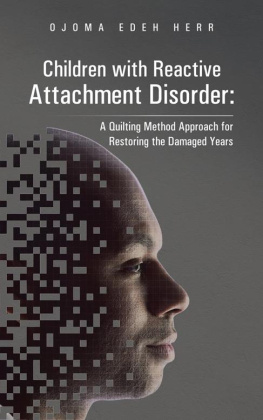
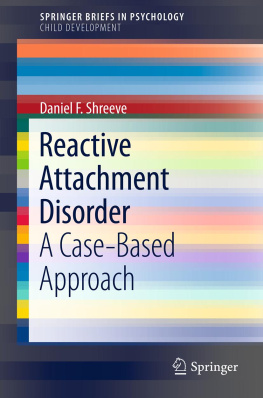
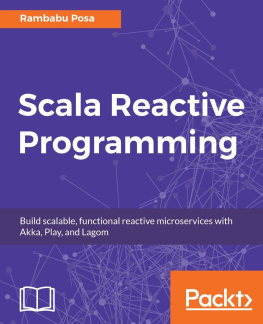

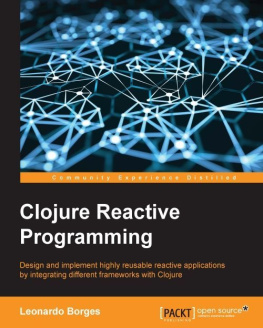
![Luca Mezzalira [Luca Mezzalira] - Front-End Reactive Architectures: Explore the Future of the Front-End using Reactive JavaScript Frameworks and Libraries](/uploads/posts/book/120508/thumbs/luca-mezzalira-luca-mezzalira-front-end.jpg)

